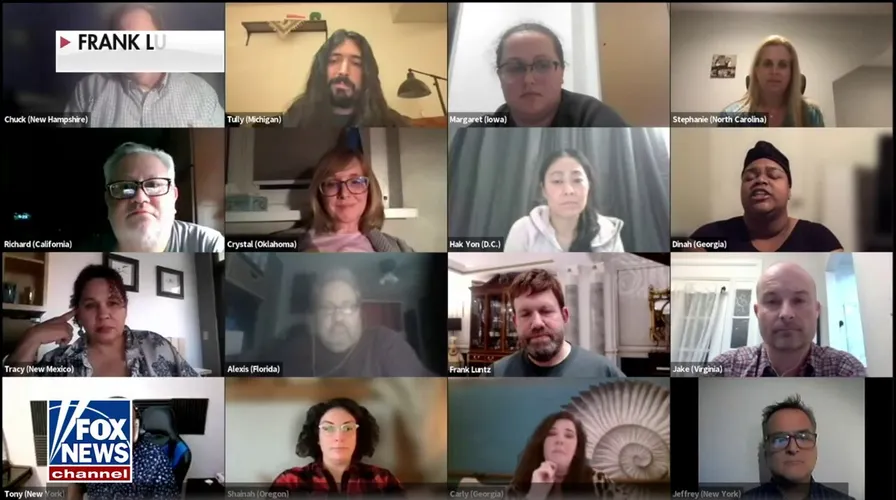
In the tumultuous world of politics, finding common ground has become a rare commodity. The recent debt ceiling saga in Washington is a prime example of the deep divisions that plague our nation. However, amidst the partisan posturing and political theater, there are glimmers of hope for compromise.
Late into the night, the House of Representatives managed to pass a bill to suspend the debt ceiling, but not without its fair share of drama. A surprising turn of events saw 165 Democrats joining forces with 149 Republicans to salvage a bipartisan measure. This unexpected outcome left many questioning the dynamics within both parties.
As the bill moves to the Senate, a new chapter in this saga begins. While the June 5 deadline looms, senators are preparing for what could be a contentious battle filled with delaying tactics and amendments. The path to a resolution is anything but straightforward.
Throughout this process, President Biden and House Minority Leader Kevin McCarthy have emerged as voices of reason. From the outset, they pledged to prevent a catastrophic default, and they worked diligently to strike a deal that would appease both sides. Biden can tout the preservation of the programs he fought for in the past two years, while McCarthy can claim victory in securing significant spending cuts.
Yet, McCarthy’s efforts have come at a cost. Two hard-line conservatives, whom he appointed to the Rules Committee as a gesture of goodwill, are now attempting to obstruct the bill. Furthermore, murmurs of dissatisfaction within his own party threaten to undermine his position as House speaker, a position he fought hard to attain.
While critics of the bill argue that it falls short in addressing the budgetary challenges our nation faces, McCarthy maintains that he achieved substantial cutbacks, including reductions in IRS funding and a two-year limit on spending. These concessions were made in exchange for addressing past bills that have contributed to America’s staggering $31 trillion debt.
Among the progressive Democrats, discontent is brewing. They see the bill as a capitulation to Republican demands and worry about setting a dangerous precedent. However, they have refrained from publicly criticizing the bill, recognizing the dire consequences of a financial catastrophe.
The debt ceiling itself is a subject of debate, with many questioning its relevance in today’s world. As one of the few countries still adhering to this concept, America risks giving the out-of-power party undue leverage. The fundamental question remains: How can a country of our stature risk defaulting on its past obligations?
The recent debt ceiling saga also exposes the hypocrisy prevalent in politics. Former President Donald Trump raised the debt ceiling three times, contributing to a substantial increase in the national debt. Republicans remained silent on spending cuts during his tenure. Similarly, Democrats have been known to shift their positions on the issue over time.
Ultimately, this crisis will likely be resolved in typical fashion—through last-minute negotiations and temporary measures. It highlights the unfortunate reality of our current political climate, where grandstanding takes precedence over true progress and compromise is a scarce commodity.
Source Fox News

